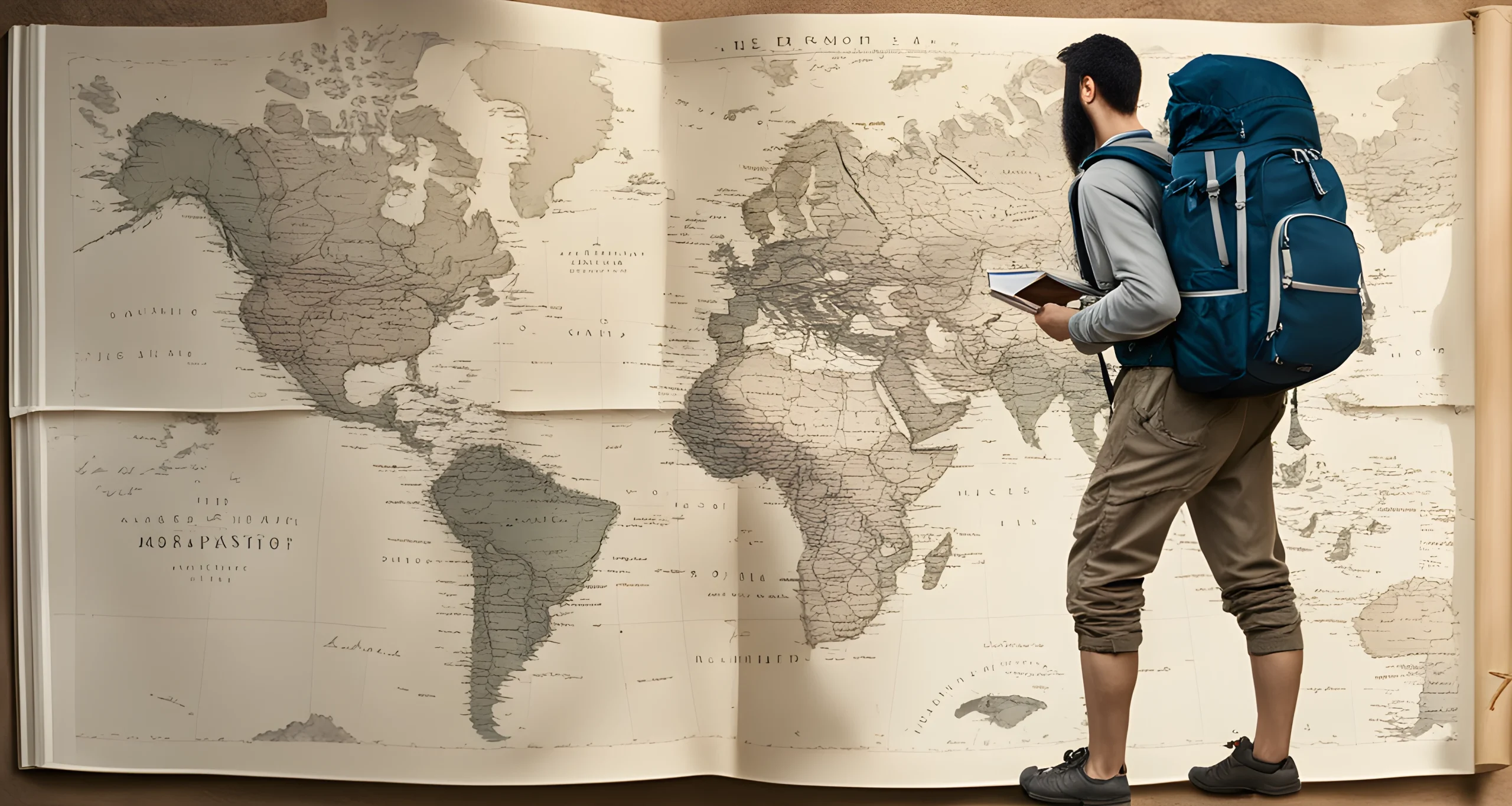Introduction
Solo travel is a rewarding experience that offers freedom and flexibility, but it also requires careful planning to ensure a budget-friendly trip. By making strategic decisions and following key strategies, solo travelers can enjoy a cost-effective and enjoyable adventure.
Benefits of Solo Travel
- Freedom: Solo travel allows you to choose your own itinerary and explore at your own pace without compromising with anyone else’s preferences.
- Flexibility: You have the flexibility to change plans on a whim, adding excitement and spontaneity to your adventure.
Importance of Budgeting
- Creating a budget for your solo travel is essential to avoid overspending and financial stress during your trip.
- It’s important to make wise financial decisions to ensure that you can fully enjoy the experience without any worries about money.
Planning Your Journey
- Choosing the right destination and duration for your solo trip is crucial. Consider destinations that offer affordable experiences, such as Economical Solo Adventure Places, where you can make the most of your budget.
- Researching average costs in different destinations can help you make an informed decision about where to go based on your budget constraints.
Stay within Budget Limits
- By creating a detailed travel budget spreadsheet and refining it with categories and subcategories, you can keep track of your expenses and ensure that you stay within your budget limits.
- Tracking expenses in real-time can help you make adjustments if necessary, ensuring that you don’t overspend during your solo adventure.
Solo travel on a budget requires careful planning, but it’s a worthwhile endeavor that can provide unforgettable experiences. In the following sections, we will explore the key strategies for choosing the right destination, researching average costs, creating a detailed budget, and tracking expenses in real-time to ensure a successful and cost-effective solo journey.
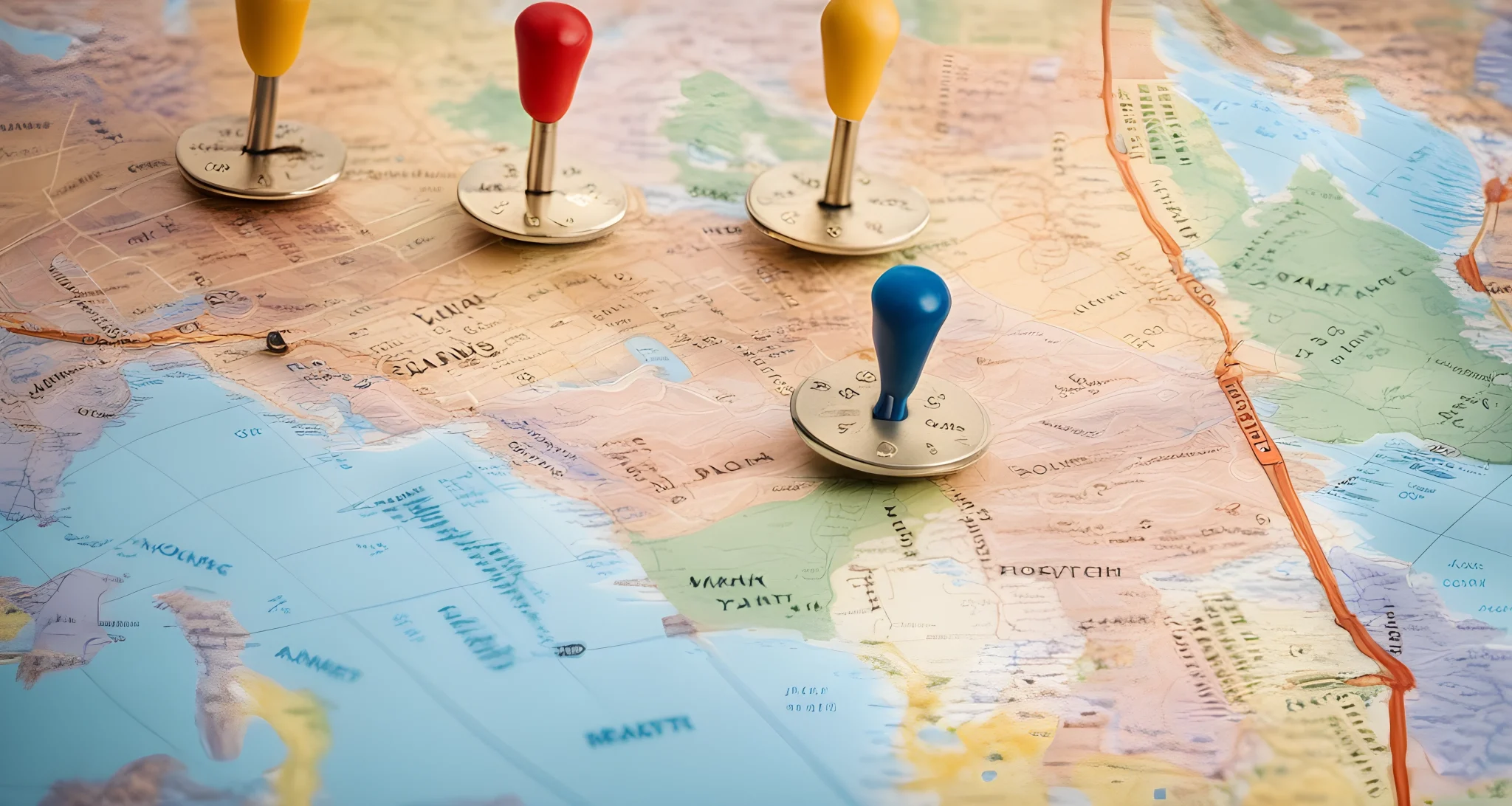
Choosing Your Destination and Duration
When it comes to budget solo travel, choosing the right destination and planning the duration of your trip are crucial steps in ensuring a successful and affordable adventure. Here are some tips to help you make the best decisions:
Research Affordable Destinations
- Look for destinations that offer affordable options for accommodations, meals, and activities.
- Consider countries or cities with a lower cost of living, as this can significantly impact your overall travel expenses.
- Use resources such as Ultimate low-cost adventure guide to find budget-friendly destinations that offer a rich travel experience without breaking the bank.
Align Duration with Seasonal Prices
- Consider the duration of your trip and how it aligns with seasonal travel prices and availability.
- Research peak and off-peak seasons for your chosen destination, as prices for accommodations, flights, and attractions can vary significantly.
Plan Your Itinerary Wisely
- Take into account the length of your trip and the activities you want to experience.
- Avoid overspending by creating a realistic itinerary that allows you to make the most of your time without exceeding your budget.
Factor in Transportation Costs
- Look into transportation options within your chosen destination.
- Consider public transportation, walking, or cycling to save money on getting around.
Embrace Flexibility
- Keep an open mind when choosing your destination and be willing to explore off-the-beaten-path locations.
- Being flexible with your travel dates can also lead to significant savings on flights and accommodations.
By carefully selecting an affordable destination and planning the duration of your trip around seasonal prices, you can set yourself up for a successful budget solo travel experience. With thorough research and thoughtful considerations, you can maximize your travel budget without sacrificing the quality of your adventure.
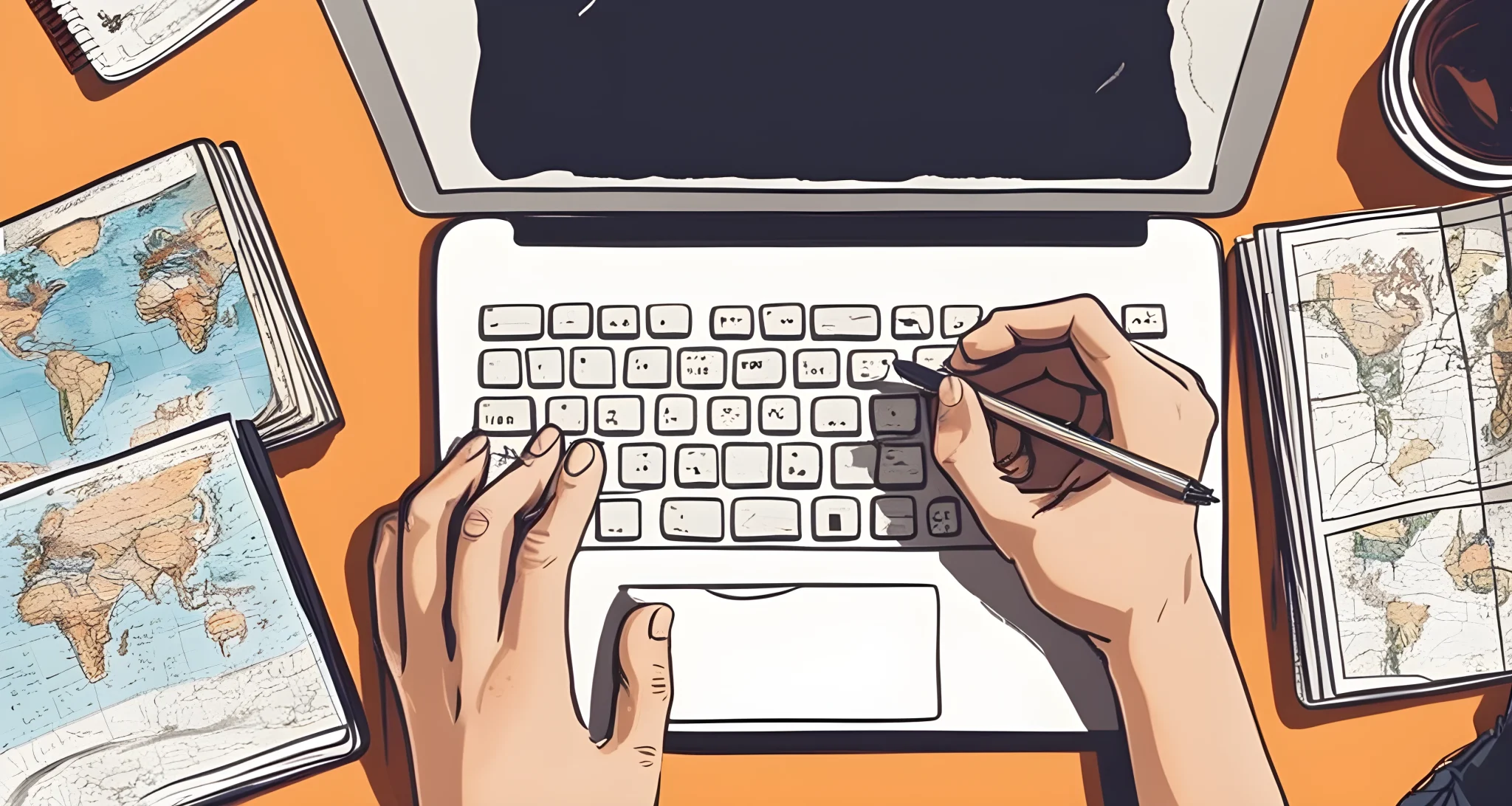
Researching Average Costs
When planning a solo travel adventure, it’s crucial to research the average costs associated with your chosen destination. This will help you create a realistic budget and avoid overspending. Here are some tips for researching average costs:
-
Flights: Use online flight comparison websites to get an idea of the average cost of flights to your destination. Consider booking in advance or being flexible with your travel dates to find the best deals.
-
Accommodations: Research the average cost of accommodations in your chosen destination. Look for budget-friendly options such as hostels, guesthouses, or vacation rentals. Consider using travel forums or websites like Solo Travel Money-Saving Hints for recommendations from fellow solo travelers.
-
Meals: Find out the typical cost of meals at restaurants and local eateries in your destination. Consider opting for street food or cooking your own meals to save money. Look for dining options that offer good value for money.
-
Activities: Research the average cost of activities and attractions in your destination. Look for free or low-cost things to do, such as visiting parks, museums, or exploring local markets. Consider purchasing city passes or discount cards for attractions.
Using online resources, travel guides, and travel forums can provide valuable insights into average costs and budget-friendly options for solo travelers. By gathering this information, you can create a detailed travel budget that accurately reflects the expenses you are likely to incur during your trip.
Remember to factor in additional costs such as transportation within the destination, visa fees (if applicable), travel insurance, and any other miscellaneous expenses you may encounter. Having a comprehensive understanding of the average costs will help you plan and allocate your budget effectively.
Researching average costs is a crucial step in the budget planning process and will ultimately contribute to a more enjoyable and stress-free solo travel experience.
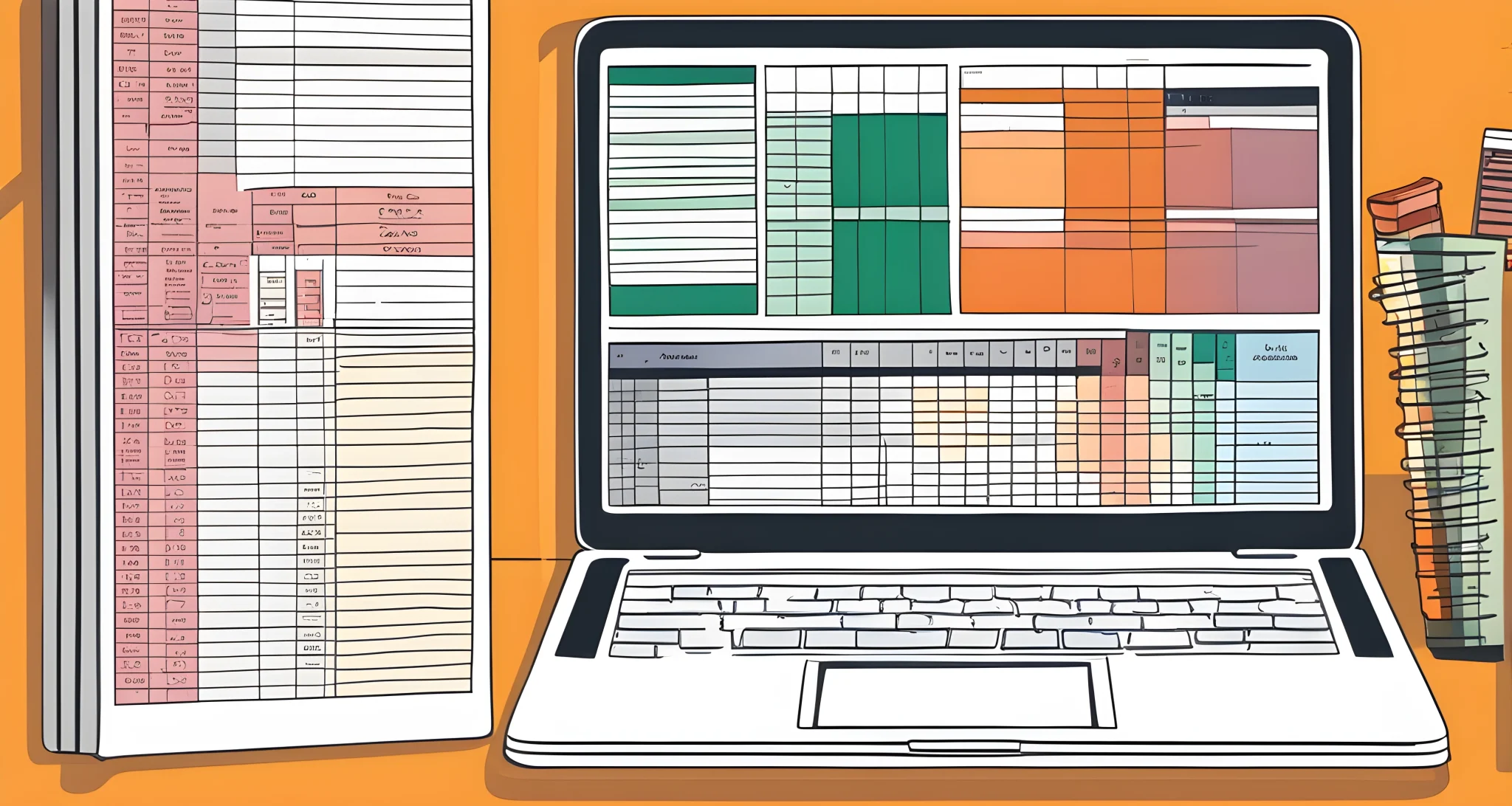
Creating a Detailed Travel Budget Spreadsheet
When it comes to solo travel, creating a detailed travel budget spreadsheet is an essential step in ensuring that you stay within your financial limits. It can help you keep track of your expenses and make informed decisions about where to allocate your funds. Here’s how to go about it:
Researching Average Costs
Before you start creating your budget spreadsheet, research the average costs for flights, accommodations, meals, activities, transportation, and miscellaneous expenses in your chosen destination. This will help you set realistic budget limits for each category based on your financial limitations.
Setting Realistic Budget Limits
Once you have gathered all the necessary information, set a realistic budget for each category. Consider factors such as the cost of living in your destination, the duration of your trip, and any specific activities or experiences you want to prioritize. Be honest with yourself about what you can afford to spend in each category.
Creating Categories and Subcategories
When creating your budget spreadsheet, be sure to include categories such as flights, accommodations, meals, activities, transportation, and miscellaneous expenses. Within each category, consider adding subcategories to break down the expenses even further. This level of detail will help you track and manage your spending more effectively.
Utilizing a Detailed Travel Budget Spreadsheet
Using a detailed travel budget spreadsheet will allow you to input all of your planned expenses before your trip begins. You can then update it with actual expenses as you go along. This real-time tracking will help you stay on top of your spending and make adjustments if necessary.
By following these steps and creating a detailed travel budget spreadsheet, solo travelers can ensure that they have a clear understanding of their financial situation throughout their trip. For more tips on solo budget travel, check out the Solo travel finances guide.
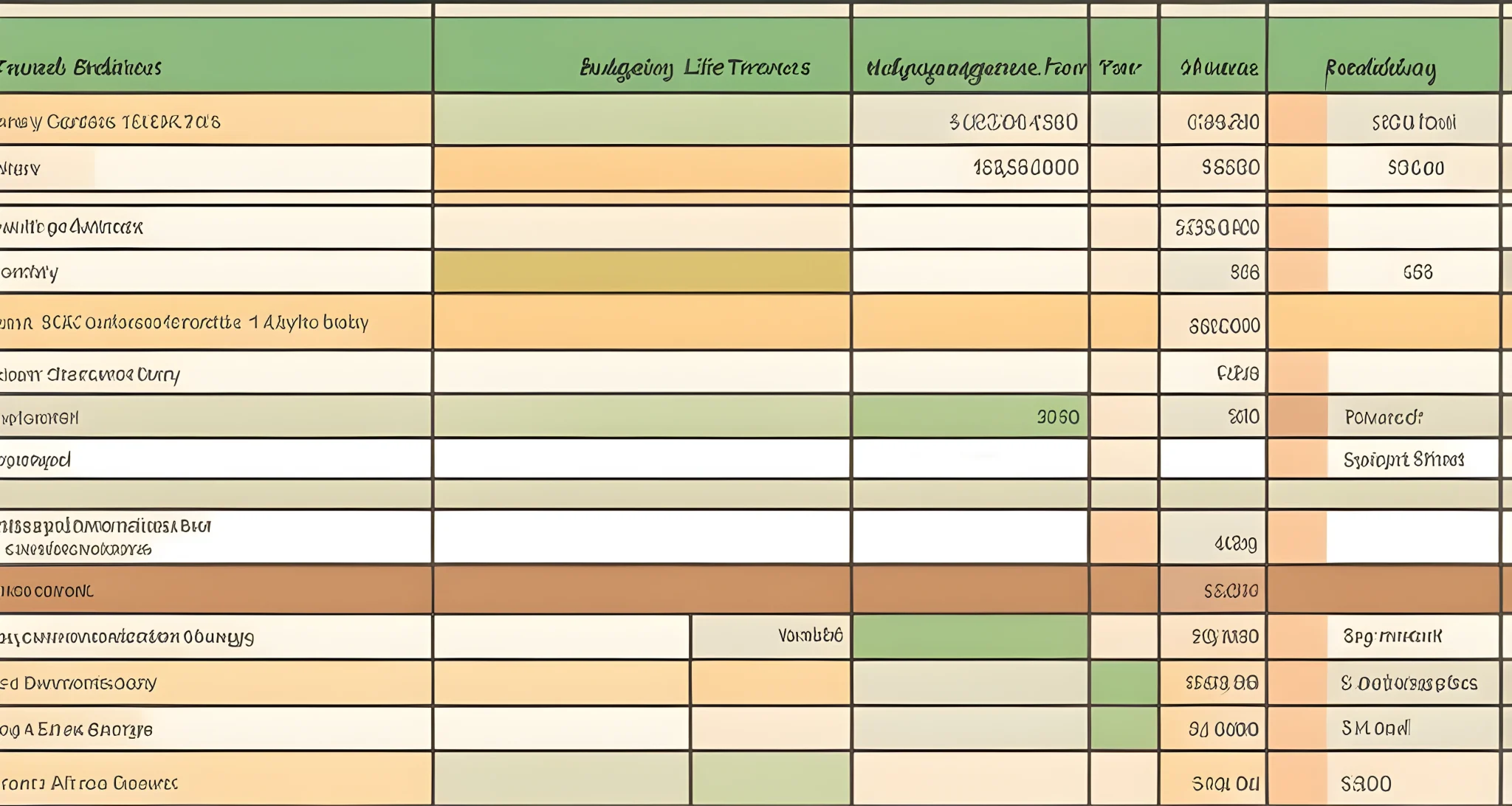
Refining Your Budget with Categories and Subcategories
When it comes to solo travel on a budget, refining your budget with categories and subcategories can make a significant difference in how you allocate your funds. By breaking down your expenses into specific categories, you can identify areas where you can save money or cut costs, allowing you to make the most of your travel budget. Here’s how to refine your budget effectively:
Allocate Funds Effectively
- Create categories such as accommodation, transportation, food, activities, and miscellaneous expenses in your budget spreadsheet.
- Allocate a specific amount of funds to each category based on your research on average costs.
Identify Areas to Save Money
- Within each category, further break down expenses into subcategories. For example, under accommodation, you can have subcategories such as hotel/hostel stays, Airbnb rentals, or camping fees.
- This detailed approach allows you to identify specific areas where you can potentially save money. For instance, if you realize that Airbnb rentals are generally cheaper than hotel stays in your chosen destination, you can allocate more funds to this subcategory.
Flexibility and Practicality
- Refining your budget with categories and subcategories ensures that your budget is practical and flexible for your solo travel adventure. It allows you to have a clear overview of where your money is going and where adjustments can be made if necessary.
- Consider creating a "contingency" subcategory within each category to account for unexpected expenses or to provide some flexibility in case costs exceed initial estimates.
By refining your budget with categories and subcategories, you are able to take a more detailed approach to managing your travel funds. This strategic method enables solo travelers to stay within their budget limits while also having the flexibility to enjoy their travel experience to the fullest.
For more tips on budget travel, check out Inexpensive globe-trotting tips.
Remember: Solo travelers need not compromise on the quality of their adventure when traveling on a budget. Refining your budget with categories and subcategories allows for smart allocation of funds and empowers you to make the most of every penny spent during your journey.
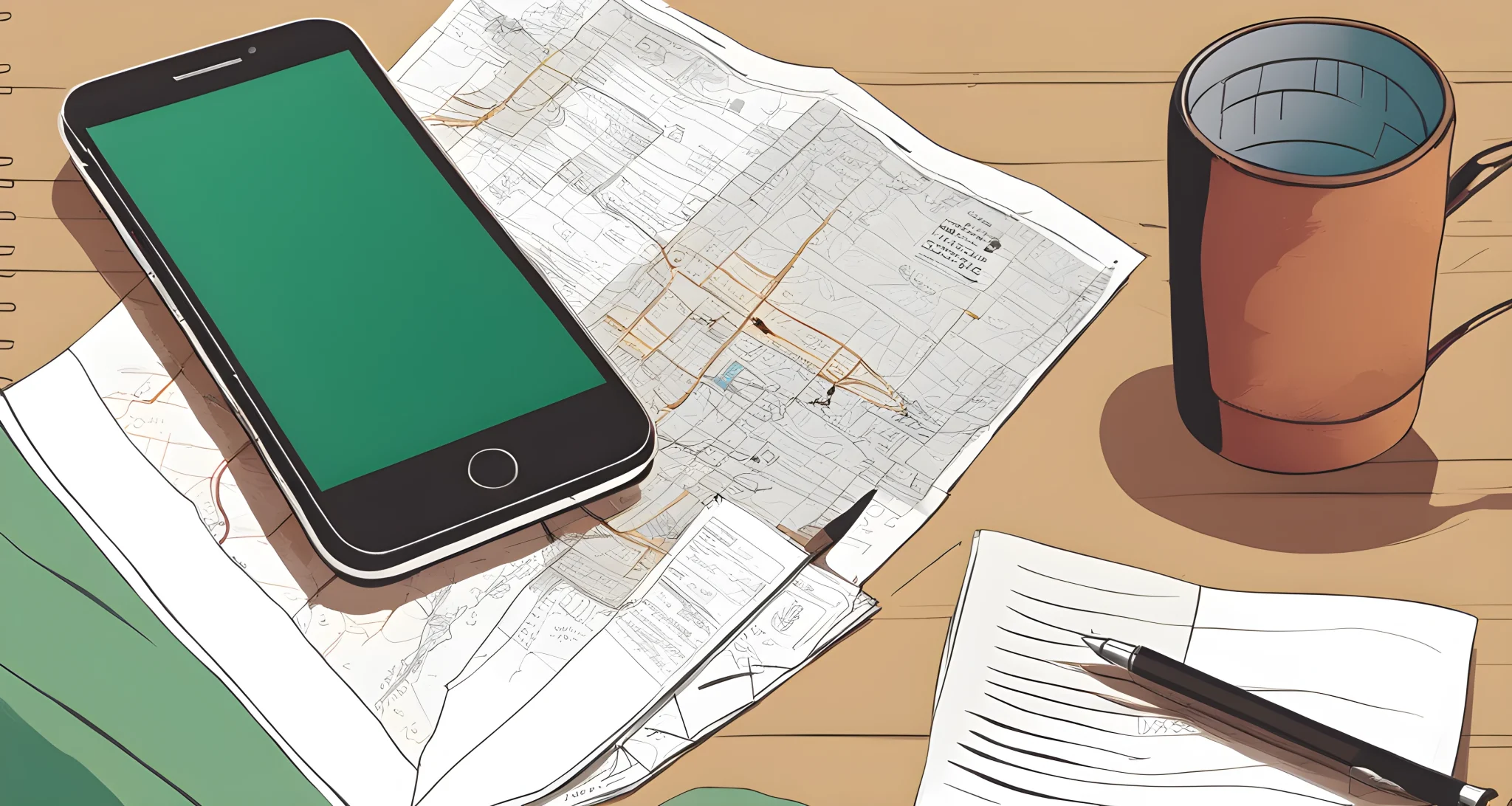
Tracking Expenses in Real-Time
Tracking expenses in real-time while traveling is crucial for staying within budget limits. Whether you are backpacking through Europe or exploring the streets of Southeast Asia, keeping a close eye on your spending can make all the difference in ensuring that your trip remains affordable. Here are some tips for effectively tracking your expenses:
-
Utilize a Mobile App: There are numerous mobile apps available that can help you track your expenses on the go. Apps like Mint, PocketGuard, or Expensify allow you to input each expense as you make it, categorize it, and monitor your overall budget Budget travel tips.
-
Carry a Small Notebook: If you prefer to stay offline during your travels, carrying a small notebook can be a handy alternative. Simply jot down each expense as you incur it, along with the date, amount, and category.
-
Monitor Your Spending: Regularly review your expenses to see where your money is going. This will give you a clear picture of where you may be overspending and where you can cut back.
-
Make Adjustments if Necessary: If you notice that you are consistently overspending in certain categories, such as dining out or transportation, consider making adjustments to your spending habits. Look for cheaper dining options or utilize public transportation instead of cabs.
By tracking your expenses in real-time, you can take control of your spending and make informed decisions to avoid overspending during your solo travels. This proactive approach allows you to enjoy your trip without constantly worrying about exceeding your budget.
Remember that staying within budget limits doesn’t mean sacrificing the quality of your travel experience. It simply means being mindful of how you allocate your funds so that you can make the most of every dollar while exploring new destinations. Happy budget traveling!
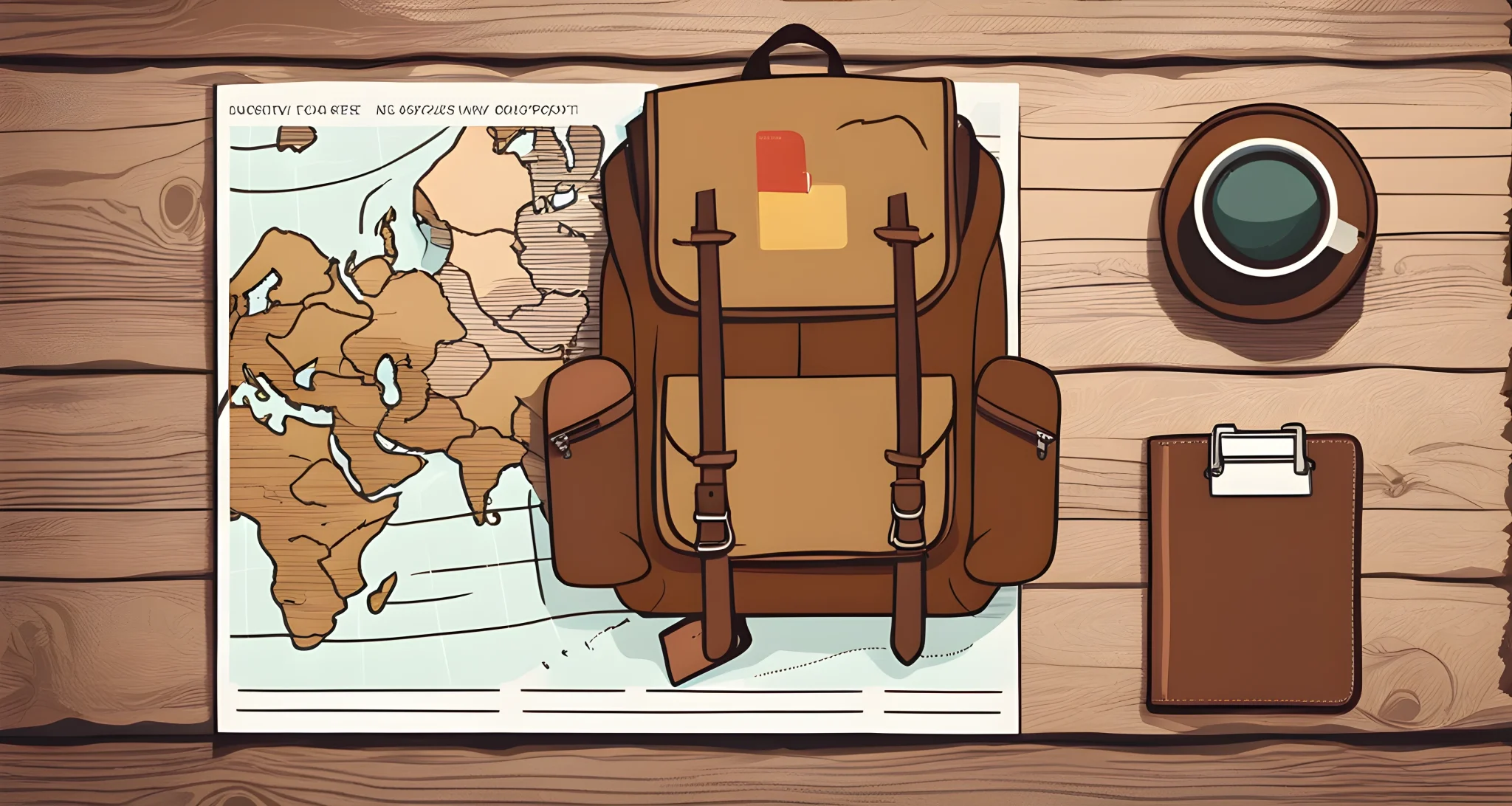
Staying Within Budget Limits
Staying within budget limits requires discipline and strategic decision-making. Be mindful of your spending habits and stay committed to your budget. Here are some tips to help you stay within your budget while traveling solo:
Be Mindful of Your Spending Habits
- Keep track of your daily expenses to ensure you are staying within your budget.
- Avoid unnecessary splurges and impulse purchases by sticking to a predetermined spending plan.
Look for Opportunities to Save Money
- Ask for discounts when booking accommodations or activities.
- Negotiate prices with vendors and service providers to get the best deal.
- Seek out budget-friendly options for meals, accommodations, and activities to stretch your travel budget further.
Stay Committed to Your Budget
- Resist the temptation to overspend by reminding yourself of the financial goals you set for your trip.
- Make conscious choices that align with your budget and prioritize experiences that bring the most value for your money.
Utilize Real-Time Expense Tracking
- Keep a close eye on your expenses by using a budget tracking app or a dedicated travel budget spreadsheet.
- Regularly update your expense log to ensure that you are aware of how much money you have left in your budget.
Embrace Strategic Decision-Making
- Prioritize experiences and activities that align with your interests and budget constraints.
- Be open to exploring free or low-cost attractions and activities in the destinations you visit.
By implementing these strategies, you can make the most of your solo travel experience while staying within your budget. For more tips on saving money while traveling, check out our article on Budget-Friendly Travel Tips.
Remember, staying within budget limits is about being intentional with your spending and making informed decisions that align with your financial goals. With discipline and careful planning, you can enjoy a fulfilling solo travel experience without breaking the bank.
FAQ
1. when is the best time to book flights for budget solo travel?
The best time to book flights for budget solo travel is during shoulder or low seasons, when prices tend to be lower due to fewer travelers.
2. what are some cost-effective accommodation options for solo travelers?
Solo travelers can save money by booking accommodations in hostels, which often offer private rooms at a lower cost than hotels.
3. how can solo travelers save money on meals while traveling on a budget?
Solo travelers can save money on meals by opting for local eateries and avoiding touristy restaurants that may charge more.
4. what are some ways to enjoy activities and events on a budget while traveling alone?
Solo travelers can enjoy activities and events on a budget by looking for free or low-cost events such as art openings, festivals, or cultural events, and participating in free walking tours.
